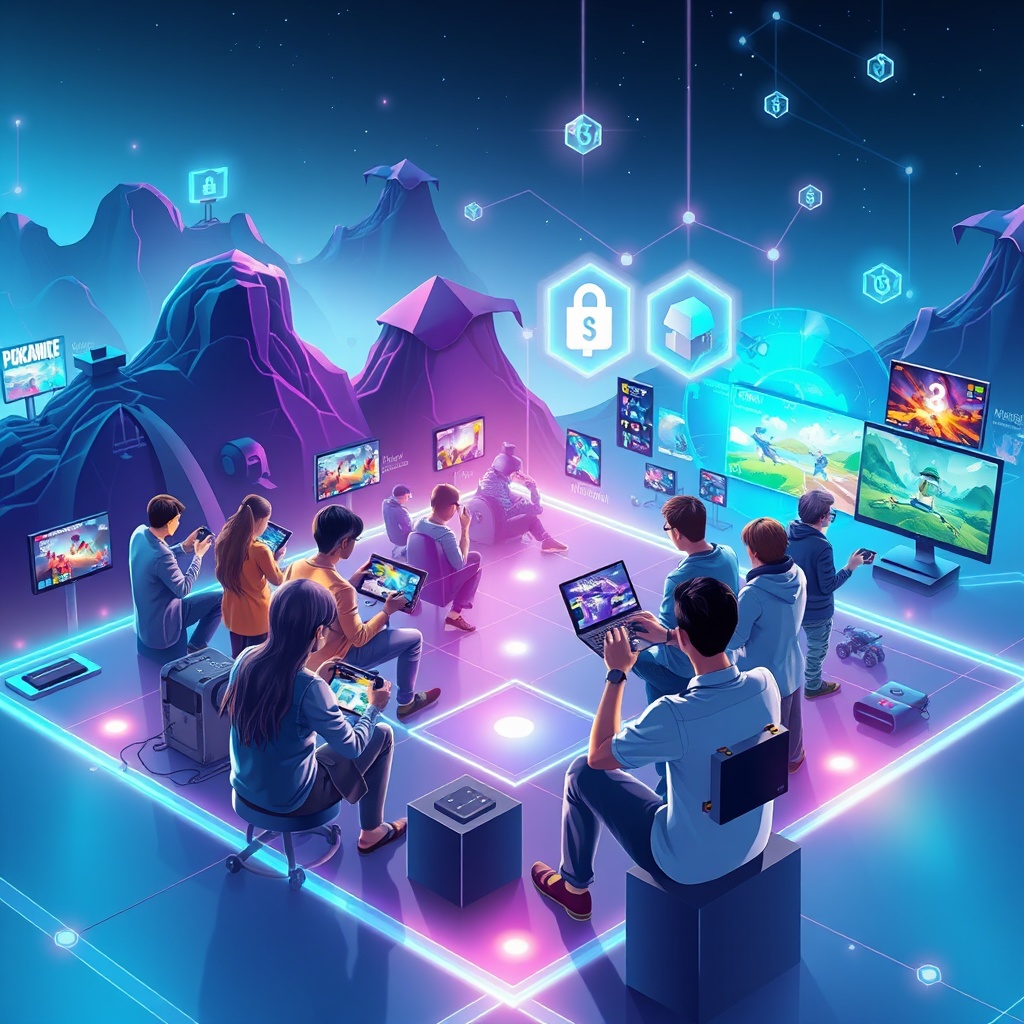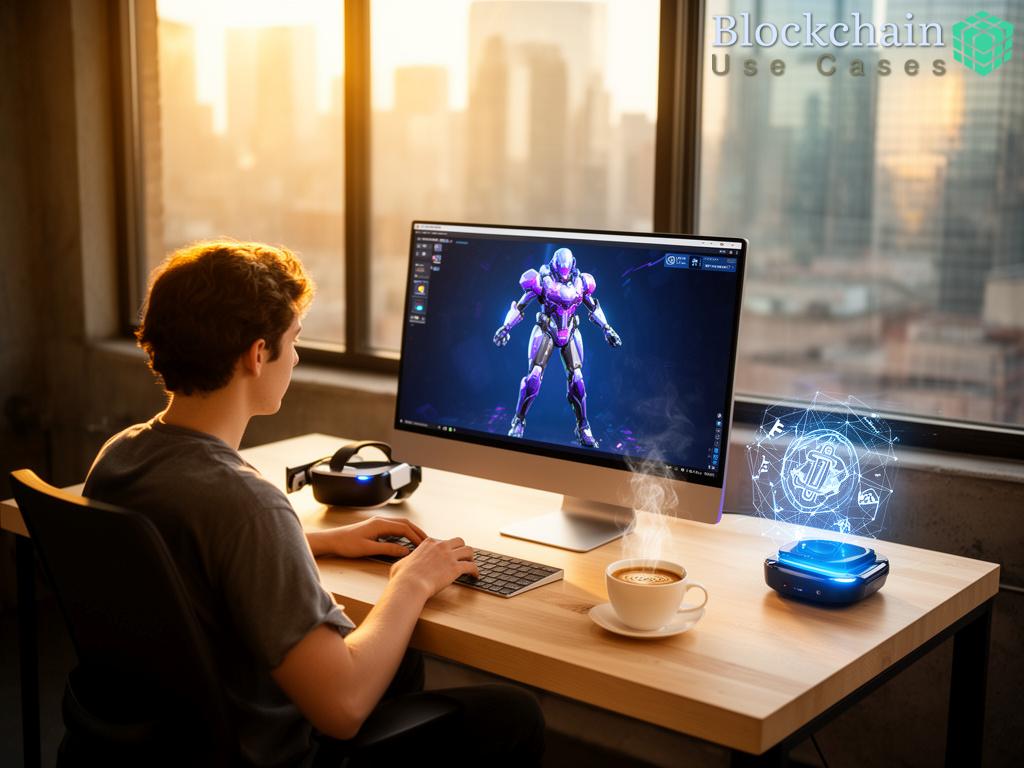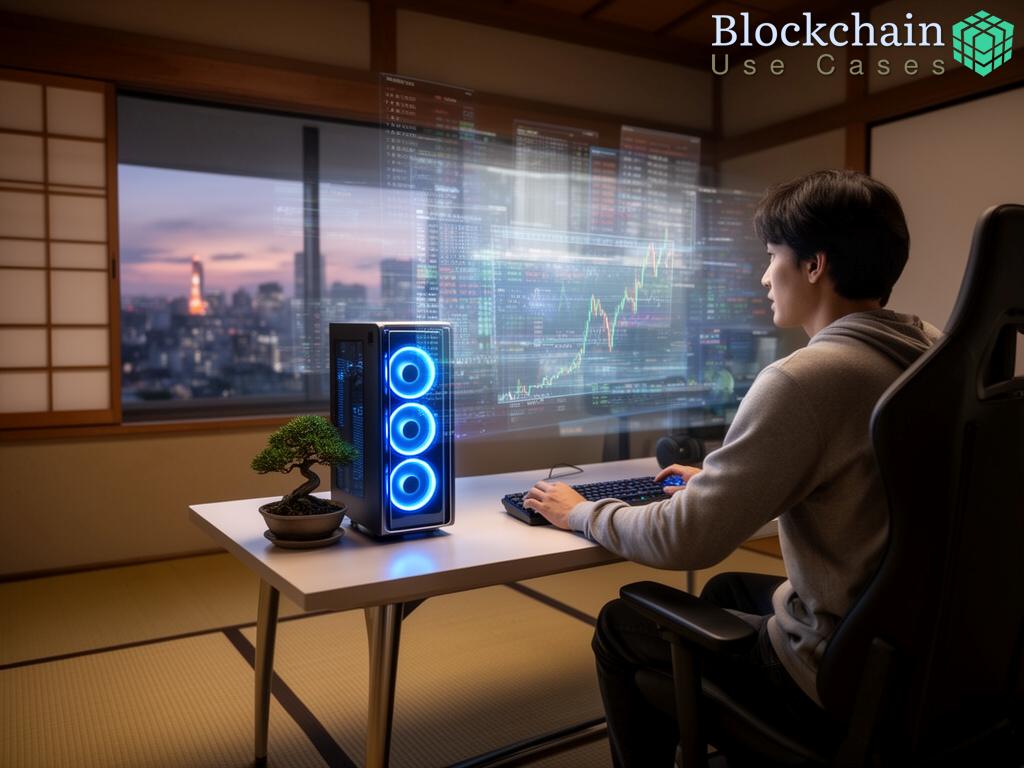Transforming Game Ownership with Blockchain
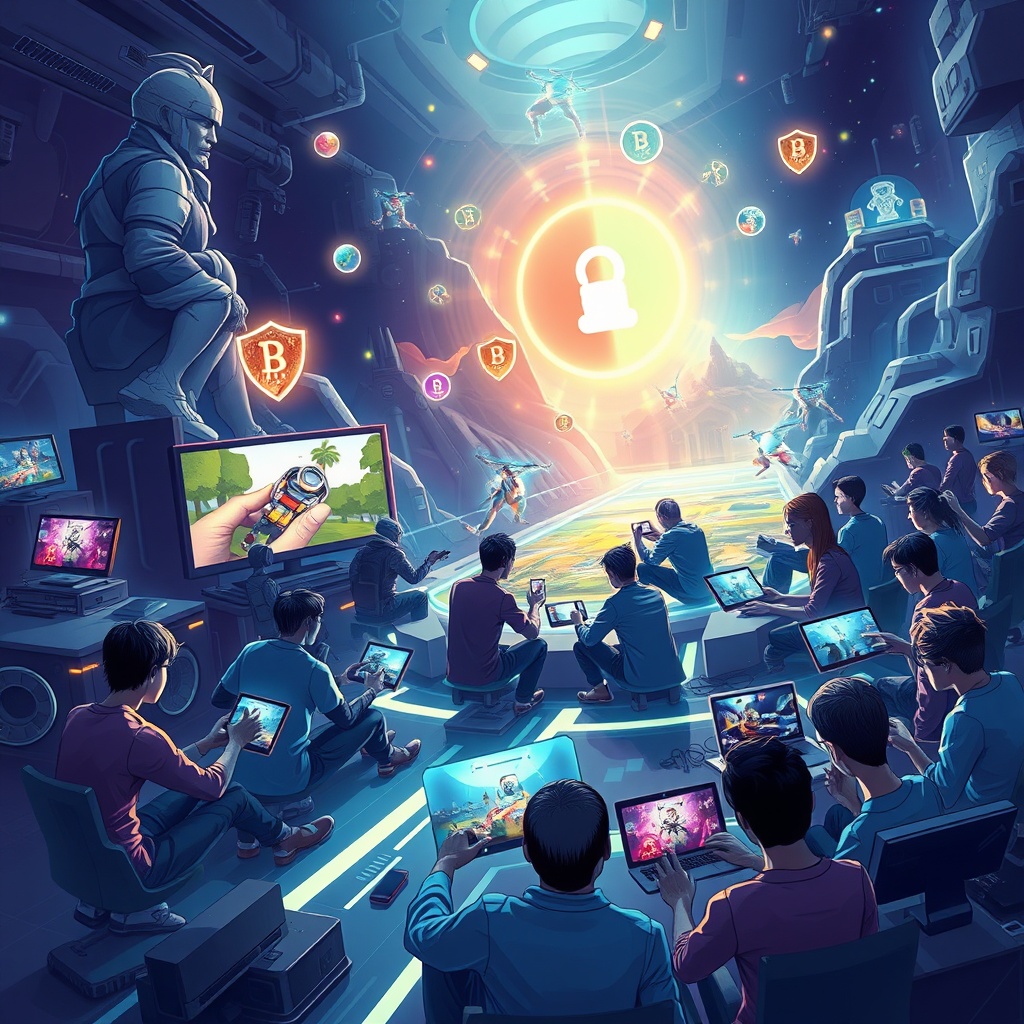
The rise of blockchain technology has introduced a paradigm shift in how digital games are owned and distributed. Traditionally, players purchase games through centralized platforms, which can be susceptible to piracy. The immutable nature of blockchain creates a transparent ledger that records ownership, making it increasingly difficult for unauthorized copies to proliferate.
By utilizing blockchain, game developers can issue unique tokens for each game copy sold. This not only ensures that each transaction is verifiable but also allows for smart contracts to manage ownership rights. Such measures significantly reduce the incentive for piracy, as players can trust that their purchased game is genuine and that developers are compensated fairly.
Smart Contracts: A Shield Against Piracy
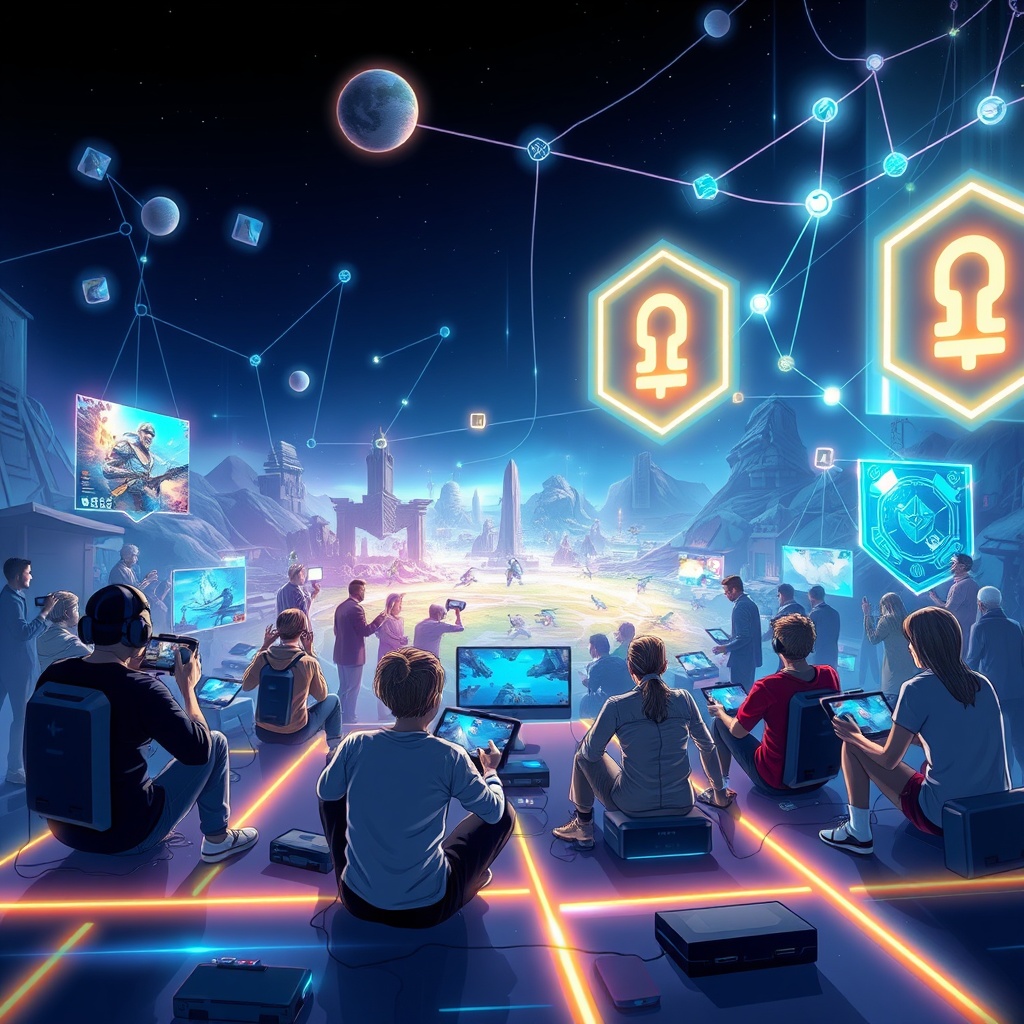
Smart contracts, a core component of blockchain technology, function as self-executing agreements with terms directly written into code. These contracts can automate transactions, ensuring that royalties are distributed to developers every time a game is resold or shared. This not only protects the developers’ interests but also enhances consumer trust, as players can be assured they are supporting the creators of their favorite games.
Moreover, the transparency provided by blockchain allows players to trace the ownership history of a game. This feature discourages piracy by making it clear which copies are legitimate and which are not. As a result, players are less likely to engage with pirated content, knowing that they might miss out on future updates or support.
Comparative Analysis: Traditional vs. Blockchain Distribution
To better understand the advantages offered by blockchain technology, here is a comparative analysis of traditional digital game distribution versus blockchain-enabled distribution:
- Ownership Verification: Traditional methods often lack clear ownership records, while blockchain provides a transparent and tamper-proof ledger.
- Royalty Management: Traditional distribution can lead to complex royalty arrangements; blockchain automates and simplifies this process through smart contracts.
- Consumer Trust: Players often encounter pirated games; blockchain enhances trust by ensuring that every game sold is authentic and linked directly to its developer.
As the gaming industry continues to evolve, the adoption of blockchain technology may prove to be a pivotal solution in combating piracy, fostering a healthier ecosystem for both developers and consumers alike.

